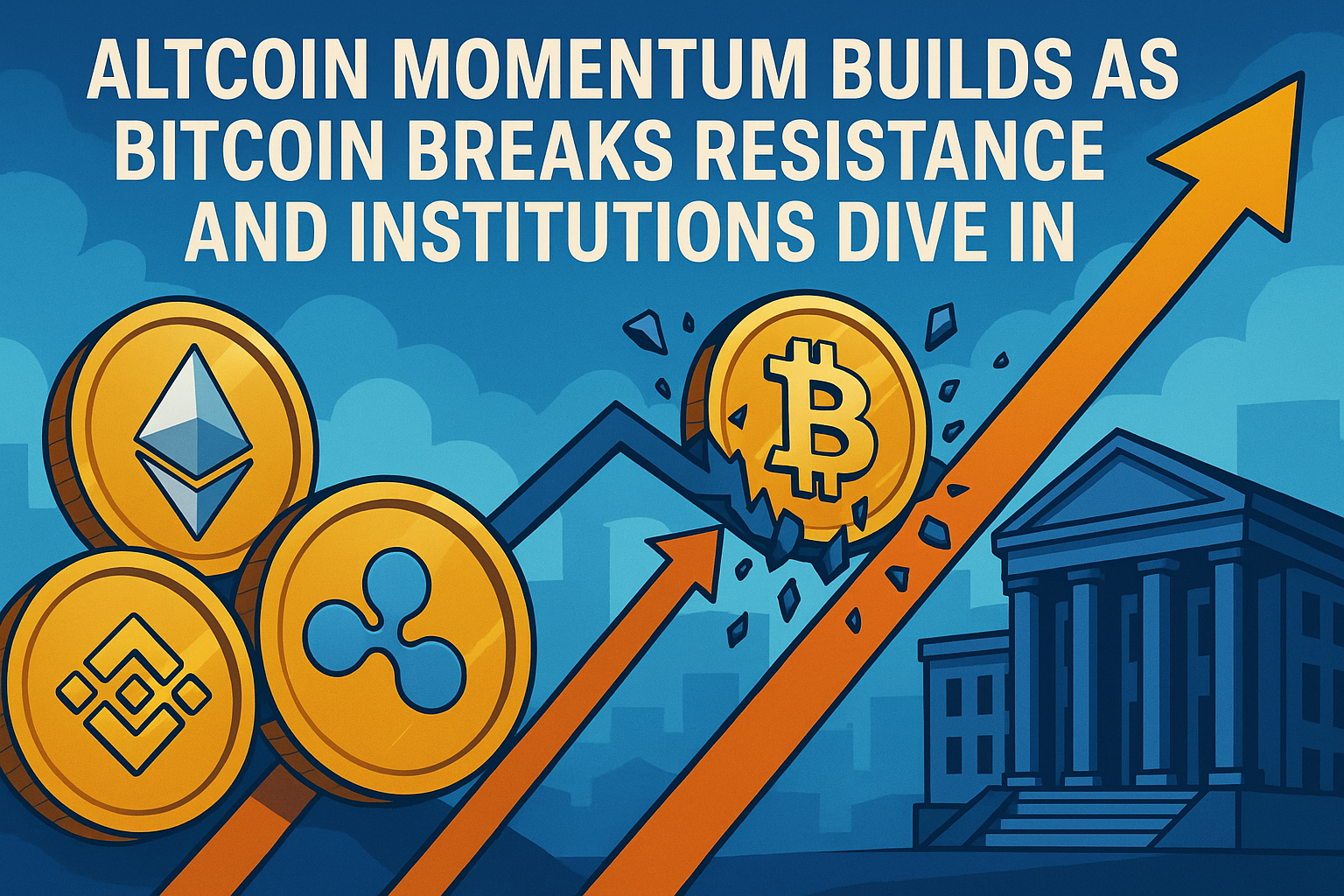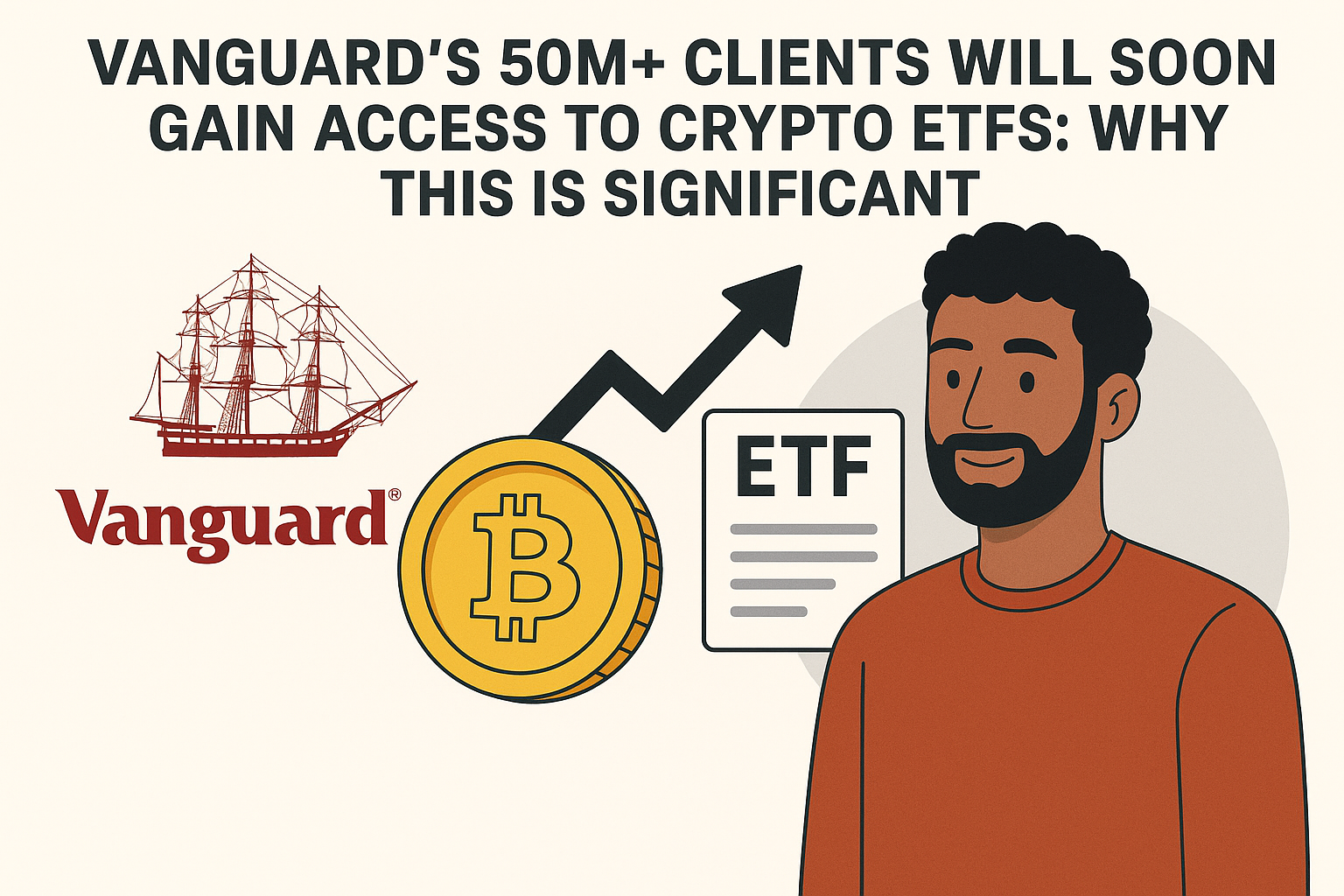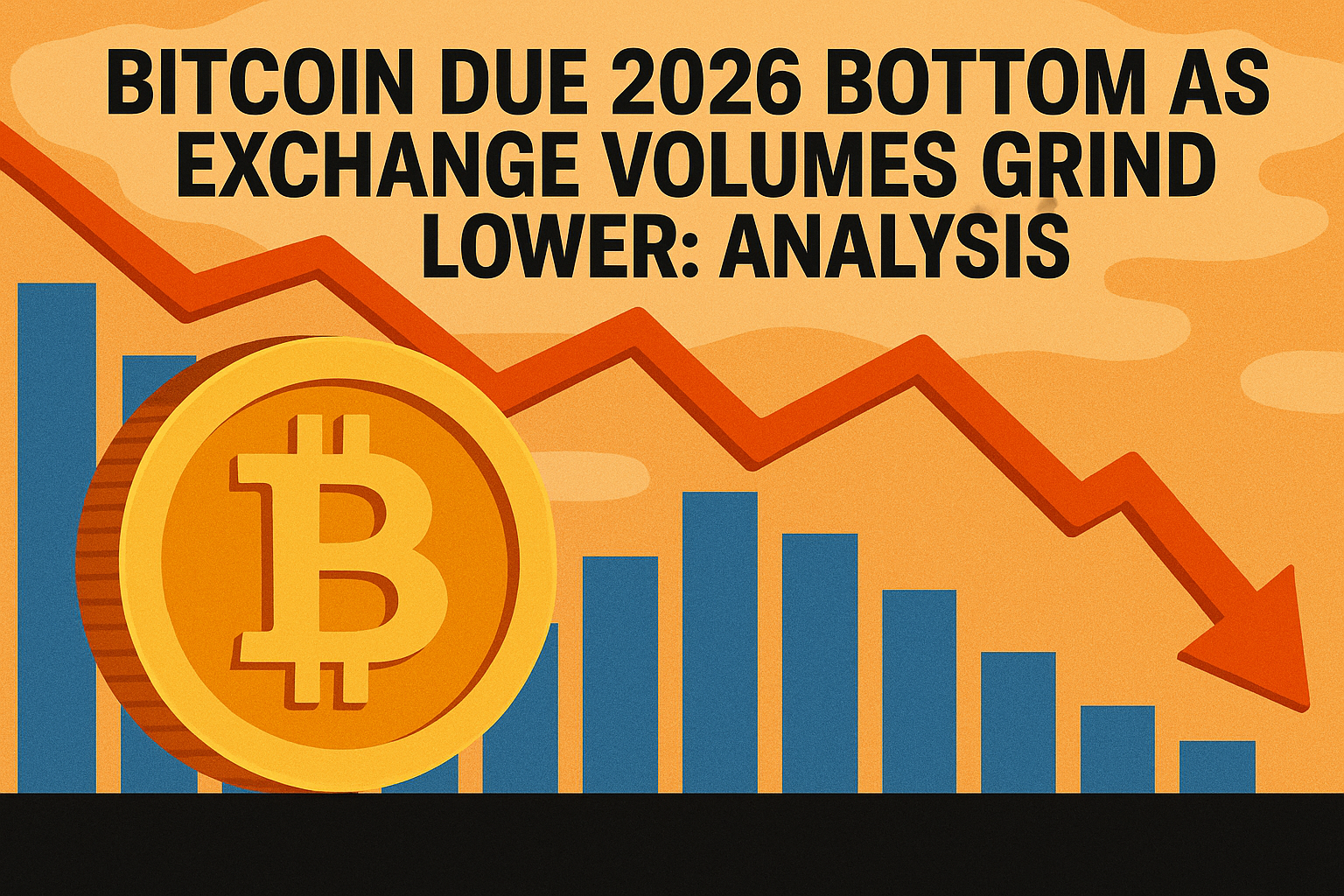Table of Contents
The gambling industry has always been quick to adopt new technologies, from the earliest days of internet betting to the live streaming of casino games. The latest revolution within this ever-evolving sector is the rise of crypto casinos, platforms where cryptocurrency is the currency of choice for deposits, wagers, and withdrawals. But what does this shift towards a digital currency-based system mean for the future of gambling?
Decentralization: A New Era of Accessibility
The foundation of crypto casinos lies in the decentralized nature of cryptocurrencies themselves. Decentralization means that these platforms can operate beyond the bounds of traditional financial systems. This broadens the reach of online gambling, making it possible for players worldwide to play jackpot games online, even in areas where traditional banking limitations or inadequate infrastructure once posed barriers.
Anonymity and Privacy
Cryptocurrencies offer a level of anonymity that traditional currencies can't. For players, this means the ability to gamble without revealing personal financial information, a significant boon in an age where data breaches are a constant threat.
Crypto casinos typically require less personal information from players, making the registration process quicker and providing a layer of privacy that's appealing in a digital world where personal data is a valuable commodity.
Enhanced Security
The blockchain technology that underpins cryptocurrencies is renowned for its security. Each transaction is recorded on a public ledger, providing transparency while also being encrypted and nearly impossible to tamper with. For the gambling industry, this means a reduced risk of fraud and unauthorized transactions, giving both operators and players peace of mind.
Faster Transactions and Lower Fees
Traditional online casinos often face challenges with processing payments, from slow transaction times to high fees. Crypto casinos sidestep these issues, offering near-instantaneous transactions with significantly lower fees due to the peer-to-peer nature of blockchain transactions. For players, this means quicker access to winnings and more money to spend on their favorite games.
Fairness and Trust
Crypto casinos often utilize provably fair algorithms, which allow players to verify the fairness of each game in real-time. This unprecedented level of transparency could set a new standard for trust in the industry, potentially attracting a new wave of players who demand proof of fair play.
The Question of Regulation
The regulatory landscape for crypto casinos is as varied as the countries that engage with them. Regions like Malta and Curacao have established favorable regulations, allowing crypto casinos to operate with more freedom and offering robust licensing options. In contrast, the United States and China have stricter regulations, with the US varying by state and China maintaining a tighter hold on online gambling activities.
A country-by-country breakdown reveals a patchwork of regulatory frameworks. For instance, in Europe, countries like Belgium, Denmark, and the UK have clear regulations allowing online gambling with proper licensing.
In contrast, in the United States, the legality of online gambling, including crypto casinos, can differ significantly from one state to another. Some states have fully legalized online gambling, while others have not. Meanwhile, in countries like Brazil and Mexico, online gambling markets are not regulated by the state, creating a grey area for crypto casinos.

Adoption Challenges
The adoption challenges for crypto casinos are multifaceted, with volatility in cryptocurrency value being a primary concern. The fluctuating value of digital currencies can impact both the house's profits and the players' bets, leading to unpredictability in earnings and wagers.
Additionally, the complexity of understanding cryptocurrencies and blockchain technology poses a significant barrier for the average gambler who may be unfamiliar with the digital currency space.
Looking Ahead
As we look to the future, it's clear that crypto casinos have the potential to significantly impact the gambling industry. They offer a range of benefits from increased security and privacy to faster transactions and potential for a fairer gaming experience. However, their future will be largely shaped by regulatory decisions and the industry's ability to educate players on the advantages and nuances of using cryptocurrencies for gambling.
In conclusion, crypto casinos represent a bold step into the future for the gambling industry, promising a more inclusive, secure, and efficient gaming experience. As the infrastructure and regulatory landscape evolve, we can expect these platforms to become an increasingly integral part of the gambling ecosystem.








